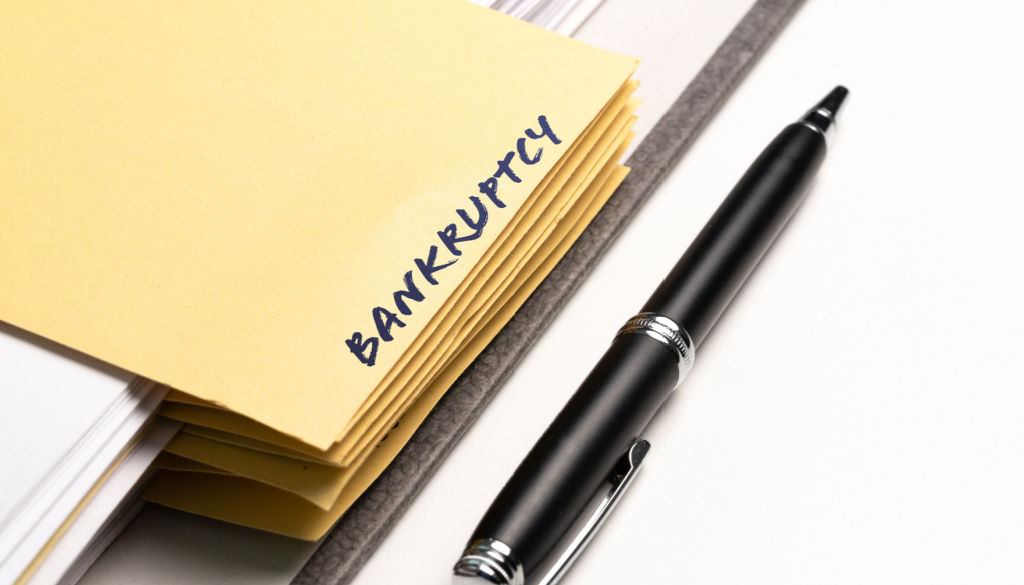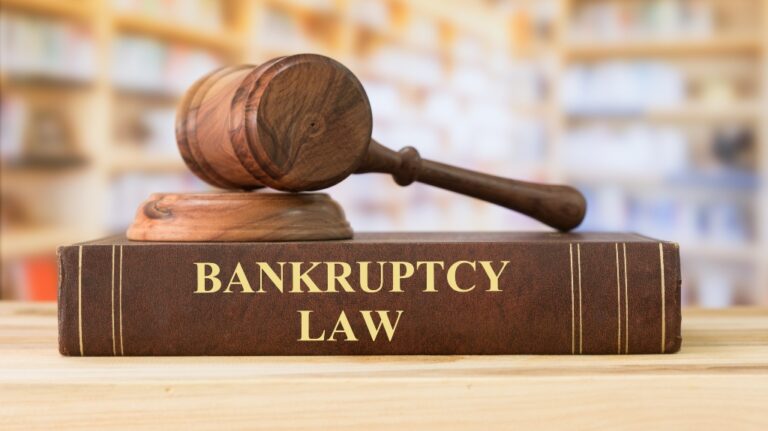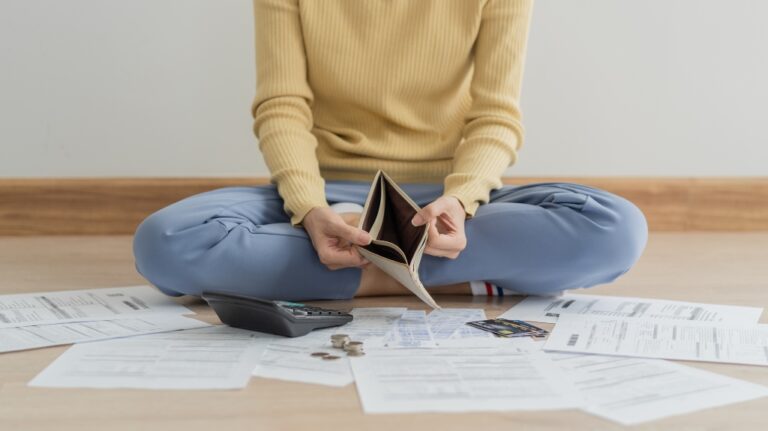Creditor Harassment – Know Your Rights
Under the bankruptcy code 11 USC 524, if you file for bankruptcy and you give your bankruptcy number to a creditor, they cannot, by law, harass you about your unsecured debts. That means that you are protected by the bankruptcy code as soon as you file the bankruptcy.
If a creditor continues to harass you after you have given them your bankruptcy number, your attorney can send out a “cease and desist” letter on your behalf to stop any harassment.
If you do not decide to file bankruptcy you still have rights. The Consumer Credit Protection Act (CCPA) outlines your right as a consumer in relation to harassment and the restrictions and rules that companies have to follow with the collection of debts. Being educated on what a company can and cannot do, and how the CCPA applies, is an important step to protecting yourself and your family from creditor harassment.
Believe it or not, because a lot of people are facing financial stress, there are a lot of scams and predators out there. One common scam that is out there deals with consumer harassment. Let’s say that you have received a call from a creditor. This person is very rude and threatening. They may even threaten you with jail time if you owe them money. STOP RIGHT THERE. Under the CCPA, no debt collection agency can threaten you with arrest. They also may not do things such as use obscenities, racial or sexist slurs, or any other vulgarities in an attempt to collect a debt. If you are harassed in such a way by a creditor you can report them to the Federal Trade Commission at 1-877-382-4357.
Another great resource is the internet. If you get calls from a creditor that is harassing you, search their number. Often times you will get a lot of complaints filed against that number. Sometimes the caller is not even from an actual creditor, but from an ordinary person trying to commit fraud. NEVER give a debt collection payment over the phone. This opens you up for identity theft and a host of other problems. If you are ever unsure about the validity of a claim, you can search their company or even order your credit report to see if they are listed as a creditor. It is better to be safe than sorry.
Below are a few wonderful websites where you can learn about creditors, debt consolidation, and bankruptcy.
Consumer Rights and the CCPA
If we can help answer any questions you may have about bankruptcy, the CCPA or anything else, please contact our office today for a FREE CONSULTATION.
This is part of a four-part series on bankruptcy
Part 1 | Part 2 | Part 3 | Part 4
1335 44th Ave N., Suite 100 Myrtle Beach, SC 29577
DISCLAIMER: The information contained on this page is for general information, only. It is not intended to be legal advice, nor should you make legal decisions based on this information. Please consult one of our attorneys to see how the law applies to your particular situation.





